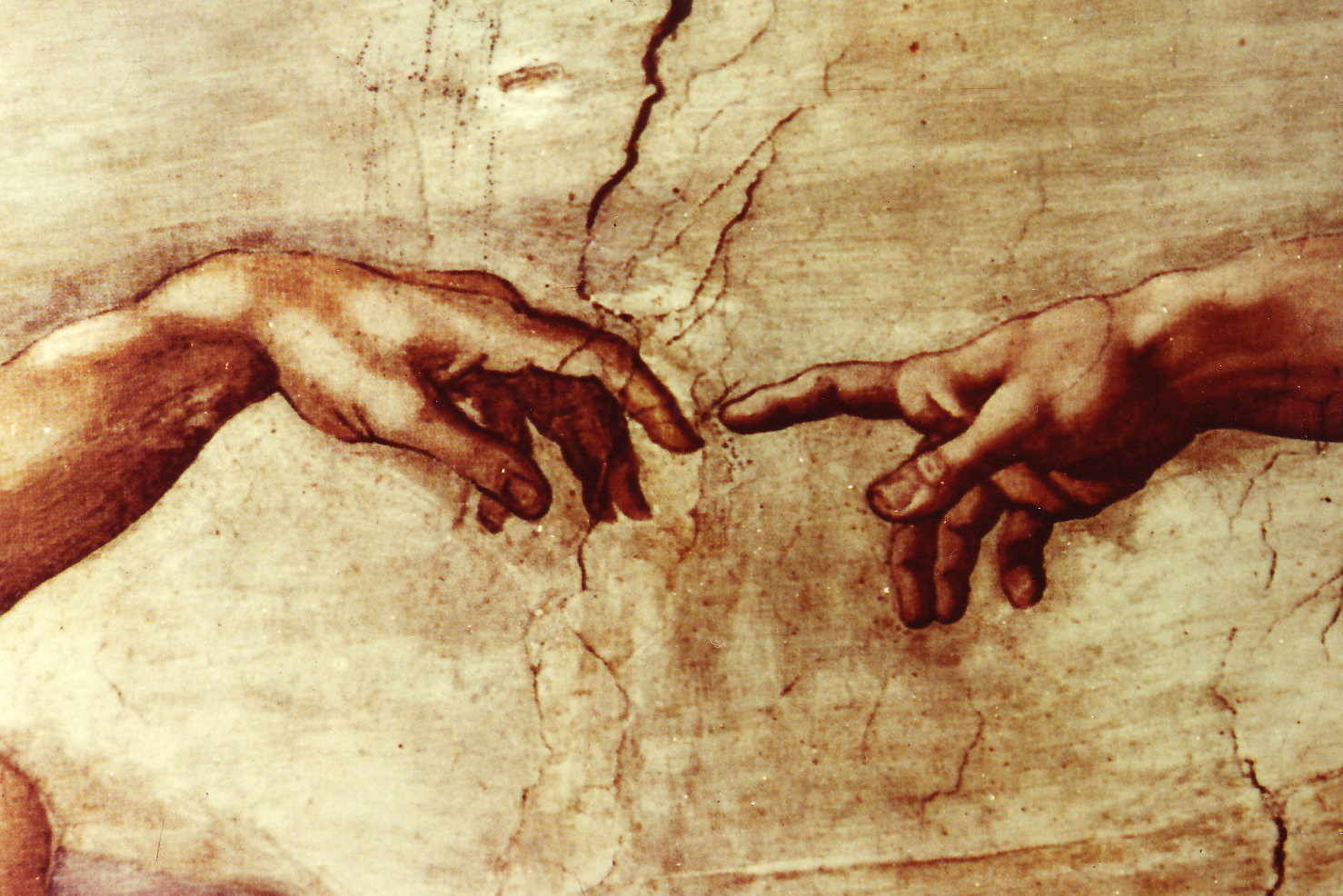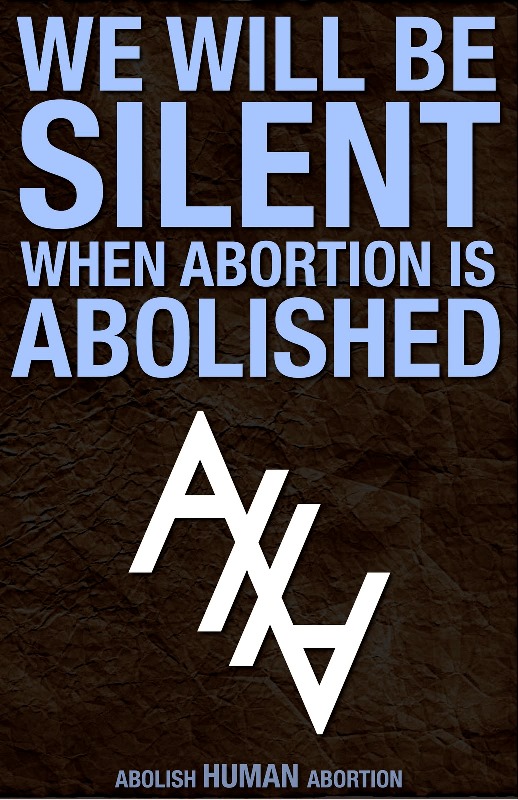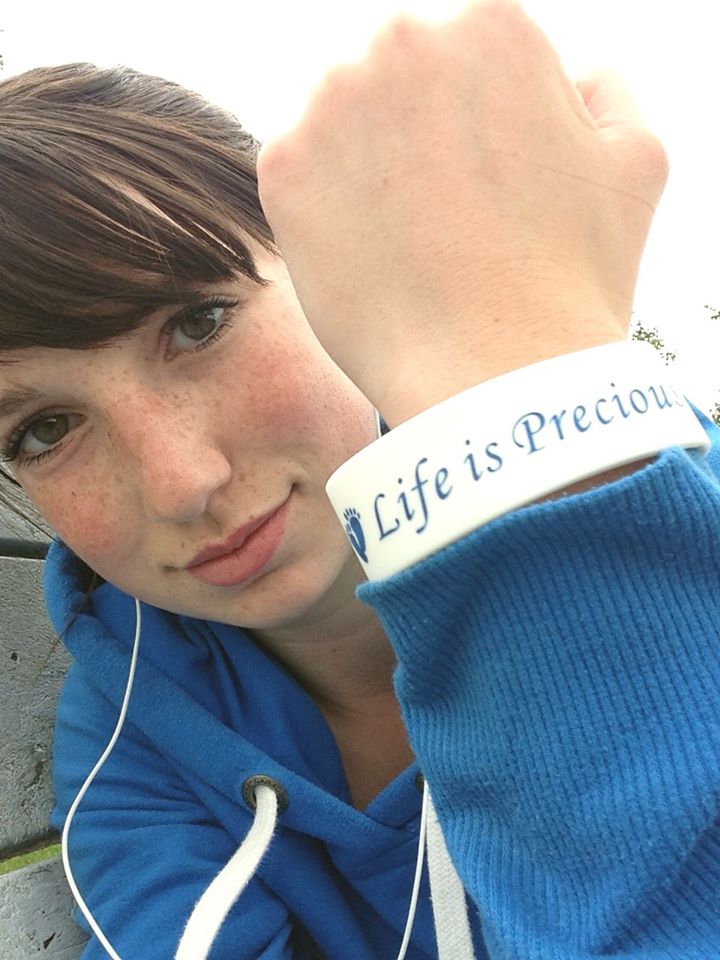She was a colourful woman, outspoken, honest, never mincing her words, and this only became more apparent as her Alzheimer’s progressed. I vividly remember visiting my mother’s aunt in a seniors’ home up to the last days of her life. She would beam as we sang psalms but soon snap back into her sharp and critical moods, sometimes saying the most painful things. Once, when hearing the names of two of my cousins, she sat up and remarked, “Those kids? Their parents paid a lot of money for them. They better be thankful for having such a good life!” She was referring to adoption, of course.
Many years have passed but the attitude of many remains similar to that of my mom’s aunt. In her regressing mental state, the dear woman shared a thought few may dare to express, but think all the same. She revealed a way of thinking in which we distinguish between children added to families in a natural way and children who came about differently. We secretly or subconsciously classify children into those who entered the world through conception and birth from a married father and mother, and those who don’t fit that standard. And with that, we create categories of human beings based on the decisions of their parents.
Let me be clear—the intention of this article is not to condone every way in which humans are created. God’s word gives clear direction and boundaries, also in terms of sexuality and procreation. This is why we are to oppose practices that violate the standard that not we, but God gave, with His honour and our best interest in mind. Yet, when adults ignore this and mess around instead, in God’s providence children may be conceived as a result. The intention of this article, therefore, is to highlight that the value of persons is based on the fact that they came about bearing the image, not only of sinful parents like myself, but in the first place of someone far greater than our minds can comprehend—of the Creator of heaven and earth.
The creation of humankind wasn’t an invention of people after all, but started with the Triune God. In Genesis 1, we read of the beginning of Adam and Eve, when the Holy Trinity proclaimed, “Let us make man in our image, after our likeness” (vs. 26). Verse 27 confirms that God carried out His will, as He always does, and “created man in his own image, in the image of God created he him: male and female created he them.” These verses leave no doubt as to the image and likeness human beings are created in—that of God! Genesis 5:1 and 9:6, among other texts, confirm this, but what does it really mean?
First, it means that humans are created to mirror and live in communion with their Creator. Every single human being therefore bears a dignity that cannot be erased or enhanced by one’s family history, personal achievements, or societal recognition—a dignity that is to exemplify and glorify God. As the apostle John exclaims in Revelations 4 verse 11, “Thou art worthy oh Lord, to receive honor and glory and power: for thou hast created all things, and for thy pleasure they are and were created.”
Second, it means that each of us is created with a specific purpose. We learn in Genesis that God existed before the creation of the universe and the human race and that He made both out of nothing, but not without a cause. God was its cause. He willed to create and “it was.” This, precisely, is why the universe has meaning because it—and we!–were created purposefully. There are no words to express the significance this has for our understanding of the meaning of life.
Third, it means that we are all of one blood, of the same human race. There is therefore no Biblical foundation to hold superiority over any other human for we all go back to the same source, which is God. Francis A. Schaeffer sums it up as follows: “Unlike the evolutionary concept of an impersonal beginning plus time plus chance, the Bible gives an account of man’s origin as a finite person made in God’s image, that is, like God. We see then how man can have personality and dignity and value.”
But, someone might ask, what about Genesis 3? Didn’t the fall change everything? No question about it—we wouldn’t be discussing this topic if sin had not entered the world. The Bible tells us that we are flawed from our original design, though this has not destroyed our God-given uniqueness and dignity. Due to the evil Adam and Eve freely chose in Paradise, there is now a broken line when we look back to creation. Sin, in its deepest form, means that we no longer want to image God. In our sinful state, we either tear down our own dignity to the level of animals with no accountability or power other than one’s instinct, or we exalt ourselves to the level of gods and create images that resemble ourselves to give glory to (Romans 1). Either way, we refuse to acknowledge our Creator’s Lordship over our lives and our dependence on Him.
Thankfully, the story doesn’t end there. To borrow John Calvin’s words, “In the gospel, God declares that he delights to adopt us as his children, and in doing so, he frees us from Satan’s snare and from the tyranny of sin.” The promise to provide a solution to our revolt against God was first given in Genesis 3 and fulfilled when Jesus Christ was born in a stable in Bethlehem, as the embodiment of the invisible God, the Image we are patterned after.
That is why, when there is an assault on human beings, there is an assault on God Himself. To use an analogy—when someone purposely burns a picture of the person you love, it’s not just a piece of paper that is destroyed. Instead, it’s the image of your loved one, and that hurts. Much more so, when the dignity of human beings is denied and attacked, this is a denial of the Creator. Our minds understandably wander to rape, slavery, and abortion as examples, but what to think of when we define people by their origin or choices?
“Abortion is the result of a changed view on the value of humans,” B.J. Zijl wrote in 1982. This view is one we continually need to counter with the truth that all humans are created in the image of God. But we need to practice what we preach. If this is true for the children we need to save from abortion, it is equally true for their mothers and fathers. If it is true for the children in our churches born to happily married couples, it is also true for those fostered or adopted, created in labs, conceived during rape, born to teenage moms, or raised by single dads. It is true because “children are a heritage of the LORD, and the fruit of the womb is his reward” (Psalm 127:3).
Finally, let’s not forget this applies to all people. It is therefore also true for straight and gay, handicapped and homeless, the terminally ill and all of those who are seen as a burden. It is true for anyone rejected by church or society, for any reason whatsoever. And it is mostly true because our value and dignity starts with Genesis 1.




